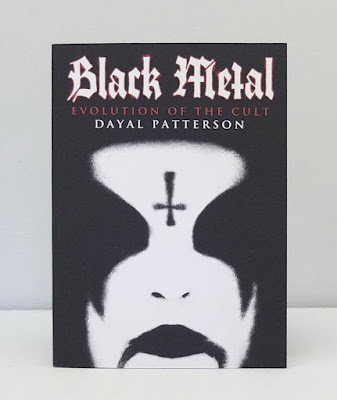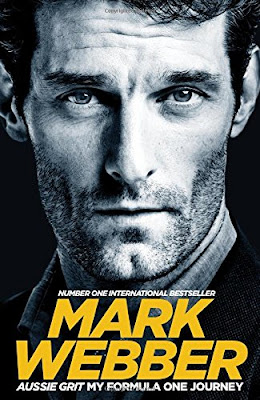I can't remember where I picked this book up from. Maybe it was that same
bookapalooza event
or whatever it was called a couple years ago. Anyway...Buddhist, Atheist? I'm in. Sign me up.
This book really approaches Buddhism from a different angle. The author takes a far more historically accurate and slightly more objective look into the life of the Buddha. Batchelor's angle is to strip away the social context and influence of India 2500 years ago, and just find Siddhartha Gotuma's unique personal teachings. Best example I can give would be the idea of reincarnation. That concept predates Buddhism. It was a Hindu idea at the time that was commonly accepted, so it made its way into what we know as Buddhism. It's a core tenet of Buddhism, in fact. But was it the Buddha's teaching? Or was that merely an artifact of the time in which he lived?
I've always viewed Buddhism as a philosophy first and foremost, and religion second. A lot of people approach it that way. There are plenty of Buddhist Jews or Buddhist Christians for instance. Hell, there are Buddhist Christian Monks. It's definitely not contrary or antagonistic to be a Buddhist AND hold some sort of religious faith (if that's your thing).
Batchelor sees Buddhism in a similar light. He was an ordained monk for over a decade, he was a disciple of the Dalai Lama and lived with him at Dharmsala, he's taught Buddhism all over the world, etc, but he ultimately disrobed, adopted a lay life and got married.
His "thing" is that he started to feel like a fraud when it came to some of the 'mystical' aspects of Buddhism, if you will. Buddhism is all about questioning things and all about empirical research and experience, but what if you question something as fundamental as reincarnation? Is that taking it too far? Can you still be Buddhist? What the hell happens to the concept of karma if you don't believe in reincarnation?
This is the kind of stuff that he tackles in this book. That, and he really does a pretty good deep dive on the true history of the Buddha. For starters, he wasn't a prince. Yeah, this book has some revelations. Well, at least it did for me.
Overall, it was a pretty good book. It's definitely a different angle and I really appreciated that fresh approach, especially considering I'm atheist and Buddhist. It was good to read a book from a renowned ex-monk who essentially says, "that's okay," "that's not in conflict."
Om mani padme hum














































